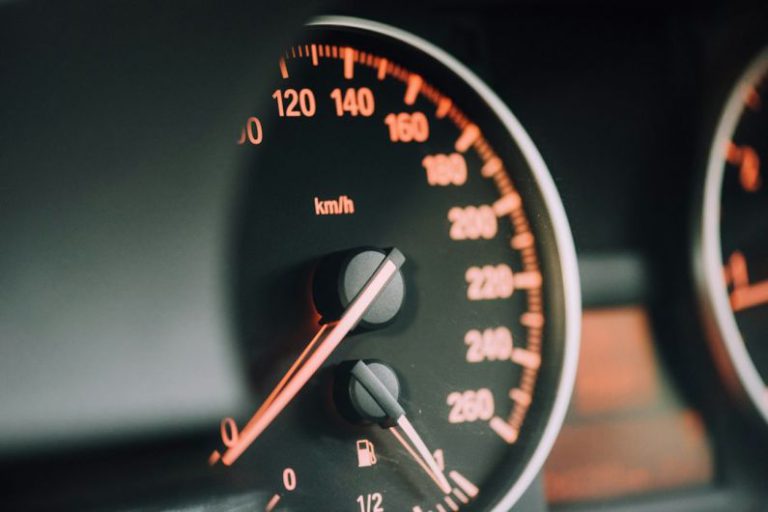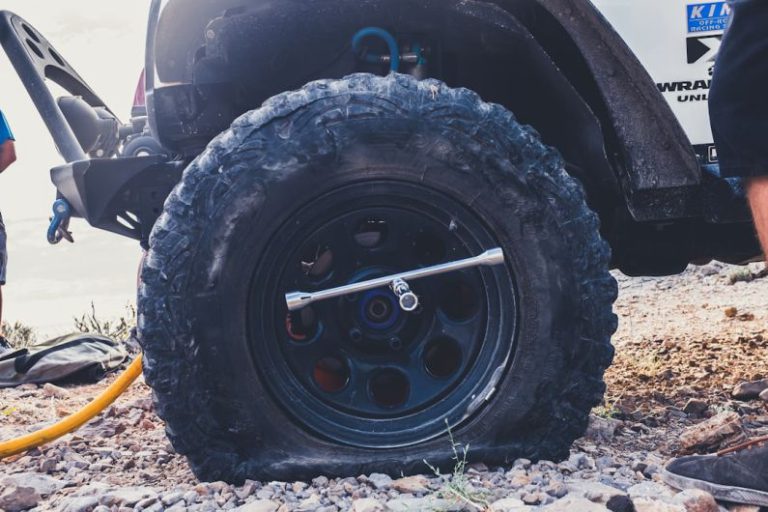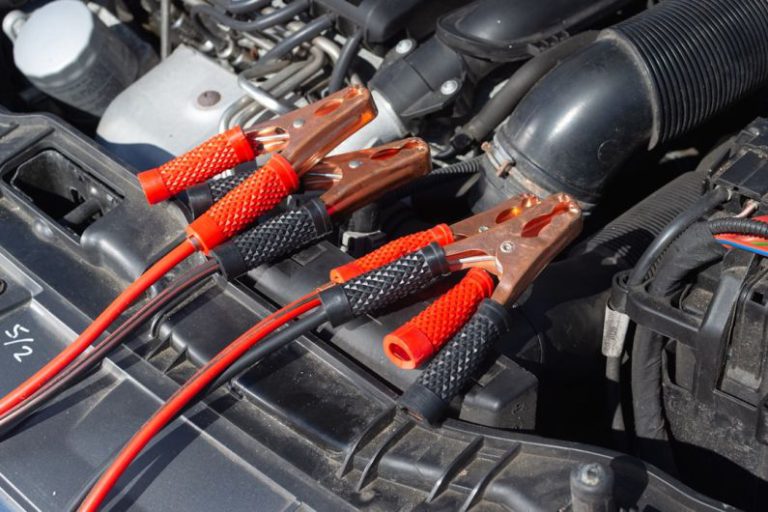How to Improve Gas Mileage with Simple Steps?
In today’s fast-paced world, where commuting is a part of our daily routine, gas mileage plays a crucial role in our expenses and environmental impact. Fortunately, there are simple steps you can take to improve your vehicle’s gas mileage, saving you money and reducing your carbon footprint. By incorporating these easy tips into your driving habits and vehicle maintenance routine, you can enjoy better fuel efficiency and contribute to a greener planet.
**Mindful Driving Habits**
One of the most effective ways to improve gas mileage is by adopting mindful driving habits. Aggressive driving, such as rapid acceleration and sudden braking, can significantly decrease your vehicle’s fuel efficiency. By driving more smoothly and maintaining a consistent speed, you can conserve fuel and optimize your gas mileage. Additionally, avoiding excessive idling and unnecessary trips can further enhance your vehicle’s fuel efficiency.
**Proper Tire Maintenance**
Ensuring that your vehicle’s tires are properly inflated is essential for improving gas mileage. Underinflated tires create more rolling resistance, causing your vehicle to work harder and consume more fuel. Regularly check your tire pressure and inflate them to the manufacturer’s recommended levels. Properly inflated tires not only improve gas mileage but also enhance overall safety and handling.
**Regular Vehicle Maintenance**
Routine maintenance is key to maximizing your vehicle’s gas mileage. Keeping up with scheduled maintenance, such as oil changes, air filter replacements, and tune-ups, can improve your vehicle’s performance and fuel efficiency. A well-maintained engine operates more efficiently, leading to better gas mileage and reduced emissions. Additionally, addressing any mechanical issues promptly can prevent further damage and ensure optimal fuel economy.
**Reduce Vehicle Weight**
Carrying unnecessary weight in your vehicle can have a negative impact on gas mileage. Extra weight requires more fuel to move the vehicle, decreasing overall fuel efficiency. To improve gas mileage, remove any items from your vehicle that you don’t need, such as sports equipment, tools, or luggage. By reducing the weight of your vehicle, you can enhance fuel efficiency and save money on gas.
**Use Cruise Control**
Utilizing cruise control on highways and long stretches of road can help improve gas mileage by maintaining a consistent speed. Cruise control prevents unnecessary speed fluctuations, which can lead to increased fuel consumption. By setting your vehicle to a constant speed, you can optimize fuel efficiency and reduce the strain on your engine, ultimately saving you money on gas.
**Plan Your Routes**
Planning your routes ahead of time can also contribute to better gas mileage. Avoiding congested routes with frequent stops and opting for highways or less traffic-prone roads can help improve fuel efficiency. By reducing the time spent idling in traffic or making frequent stops, you can conserve fuel and achieve better gas mileage. Additionally, combining errands into a single trip can further optimize fuel efficiency and reduce unnecessary driving.
**Conclusion: Make Fuel Efficiency a Priority**
Improving gas mileage doesn’t have to be complicated or costly. By incorporating these simple steps into your driving habits and vehicle maintenance routine, you can enhance fuel efficiency, save money on gas, and reduce your environmental impact. Making fuel efficiency a priority not only benefits your wallet but also contributes to a cleaner and healthier planet. Start implementing these tips today and enjoy the benefits of better gas mileage.






